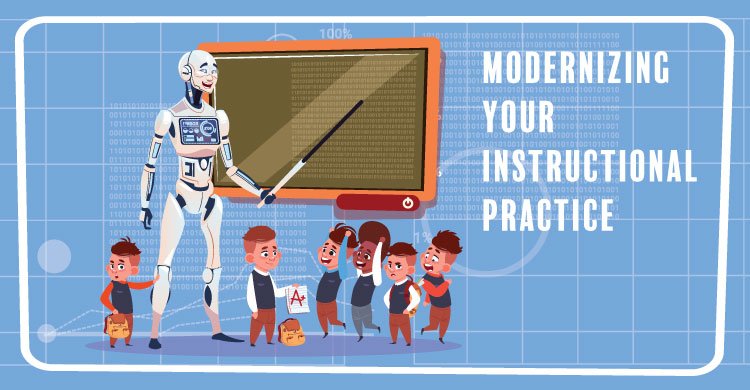Modernize Your Instructional Practice in 11 Ways
In our new book, The Quest for Learning, we ask teachers to consider how they
Read More

In our new book, The Quest for Learning, we ask teachers to consider how they
Read More
Based on The Quest For Learning: How To Maximize Student Engagement Have you ever tried
Read More
Based on The Quest For Learning: How To Maximize Student Engagement This blog post is
Read More
Based on The Quest For Learning: How To Maximize Student Engagement In many classrooms, assessment
Read More
Generation alpha was born beginning in 2010 and is also known as generation glass, the
Read More